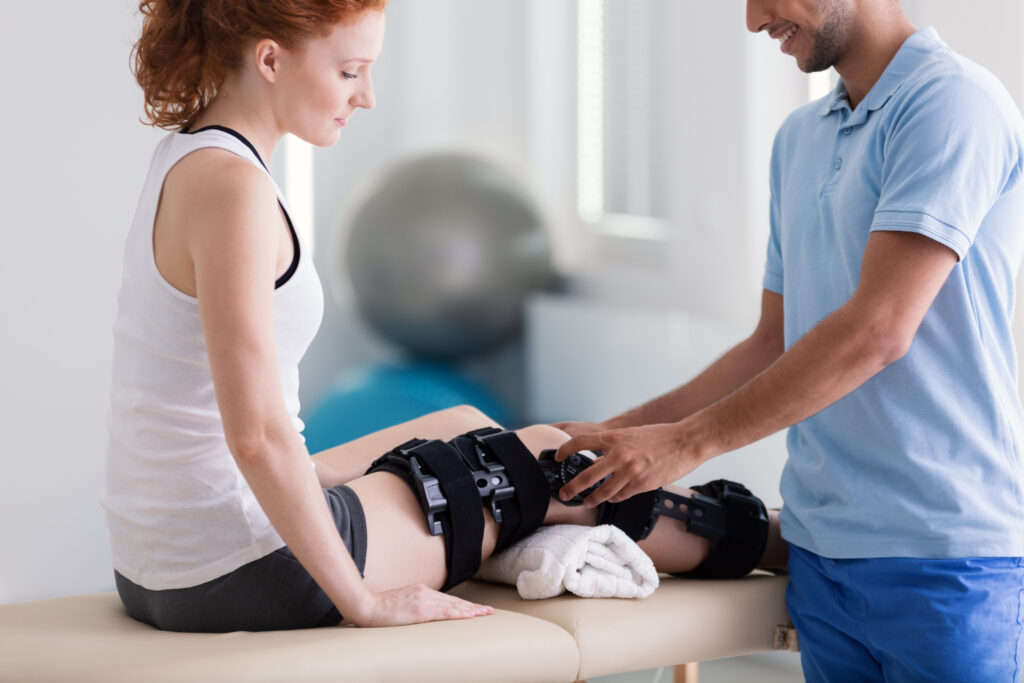
One of the entry points for the misuse and overuse of opioids is during treatment for severe pain from athletic injuries.
Whether you are a competitive athlete or prefer a more recreational approach, injuries to the bones, muscles and joints are hard to avoid. Common sports injuries include strains, sprains, fractures and damage to the knees, shoulders and spine.
To reduce your risk of athletic injury, it’s crucial to understand your sport and your body. And don’t hesitate to talk to your doctor if you have questions or unique health conditions.
Here are several questions to consider:
- Is this activity appropriate for my physical status?
- Do I have a history of injury that should be considered?
- Do I need specific protective gear?
- What are the proper warm up and conditioning exercises?
- Will this activity require a specific nutrition plan?
- Do I need to learn proper mechanics and techniques of this sport?
- How will I know when to slow down or stop?
The OSU Center for Health Sciences Athletic Training program educates future clinicians to prevent and treat injuries sustained by the athletic individual. Athletic trainers may work in elementary and secondary schools, colleges, hospitals, fitness centers, professional sports settings and rehabilitation facilities.
When working with active individuals and patients, the primary goal of clinicians is to spend a large amount of time focusing on preventing injuries so that we do not have to spend longer periods of time treating and rehabilitating these musculoskeletal injuries said Matthew O’Brien, professor and coordinator of clinical education at OSU’s Department of Athletic Training. “
The program’s curriculum emphasizes conditioning as a key component of injury prevention.
Experts in addiction medicine at the NCWR Addiction Recovery Clinic at OSU work closely with OSU’s Department of Athletic Training to develop curriculum that addresses addiction to opioids.
In the event of an athletic injury, there are several modes of pain control that can be implemented to avoid addiction including a comprehensive treatment plan of medications, therapy, therapeutic massage and exercise.
Contact the NCWR Addiction Recovery Clinic at OSU at 918-561-1890 to schedule an appointment. In case of a medical emergency, please call 911. For immediate and confidential emotional support, please call 988 to reach the National Suicide and Crisis Lifeline.